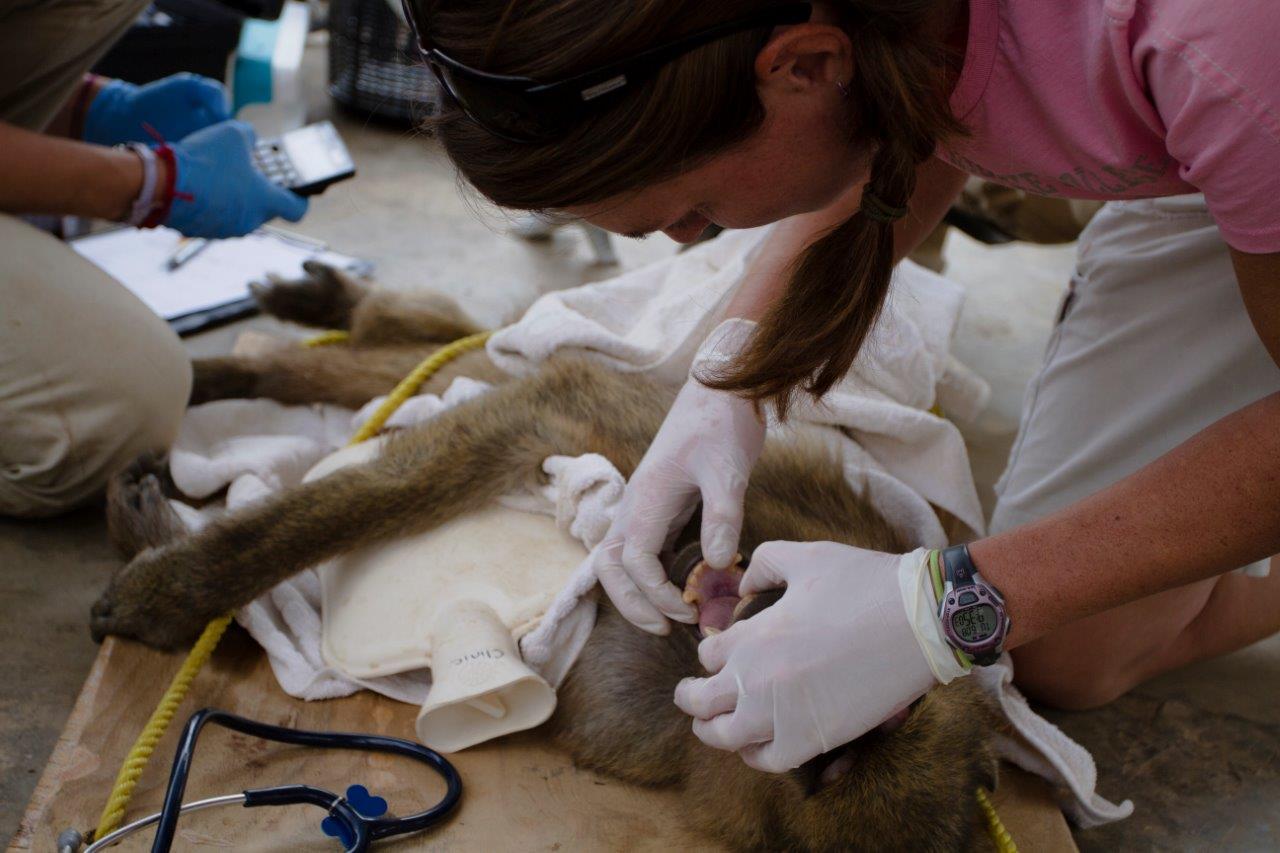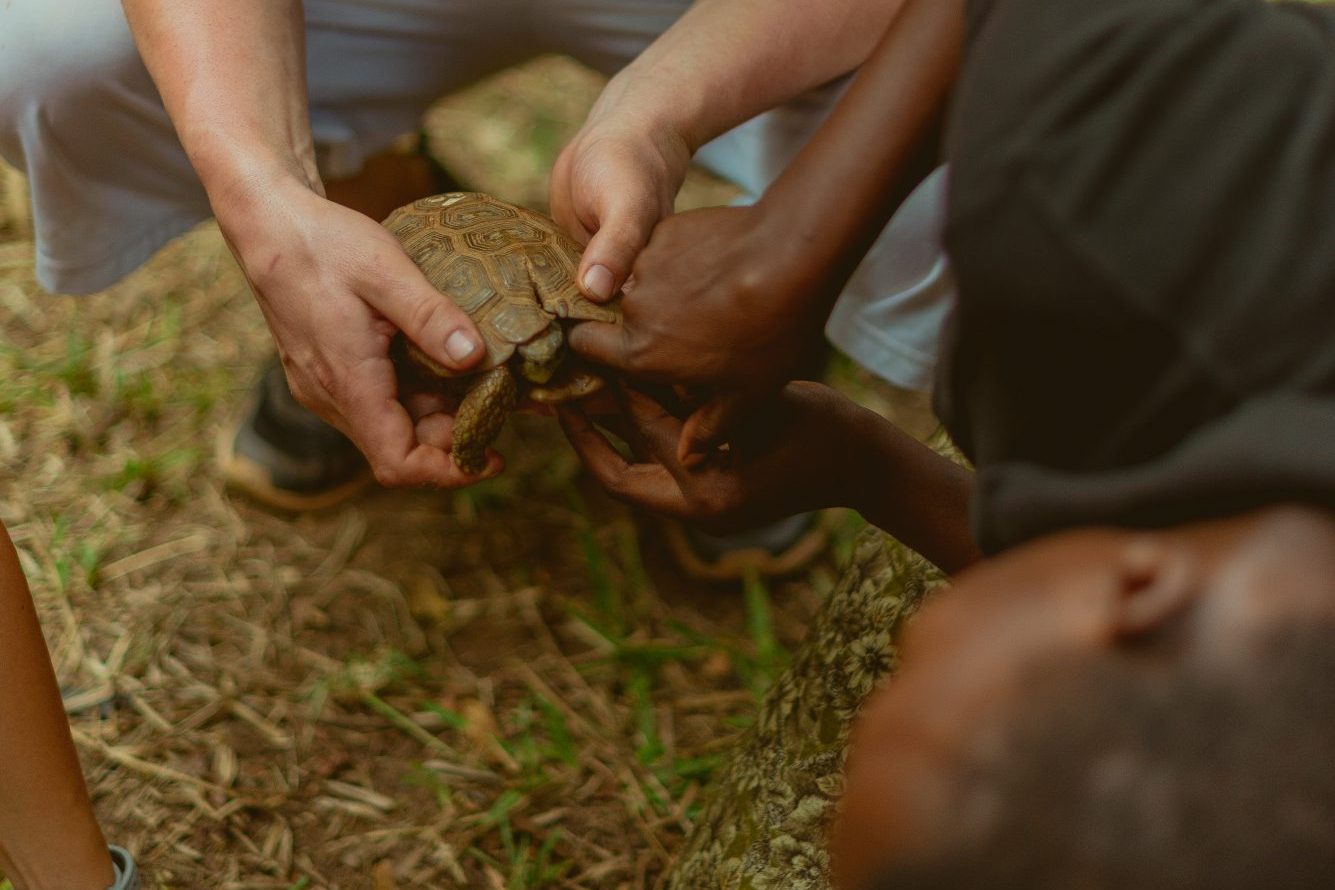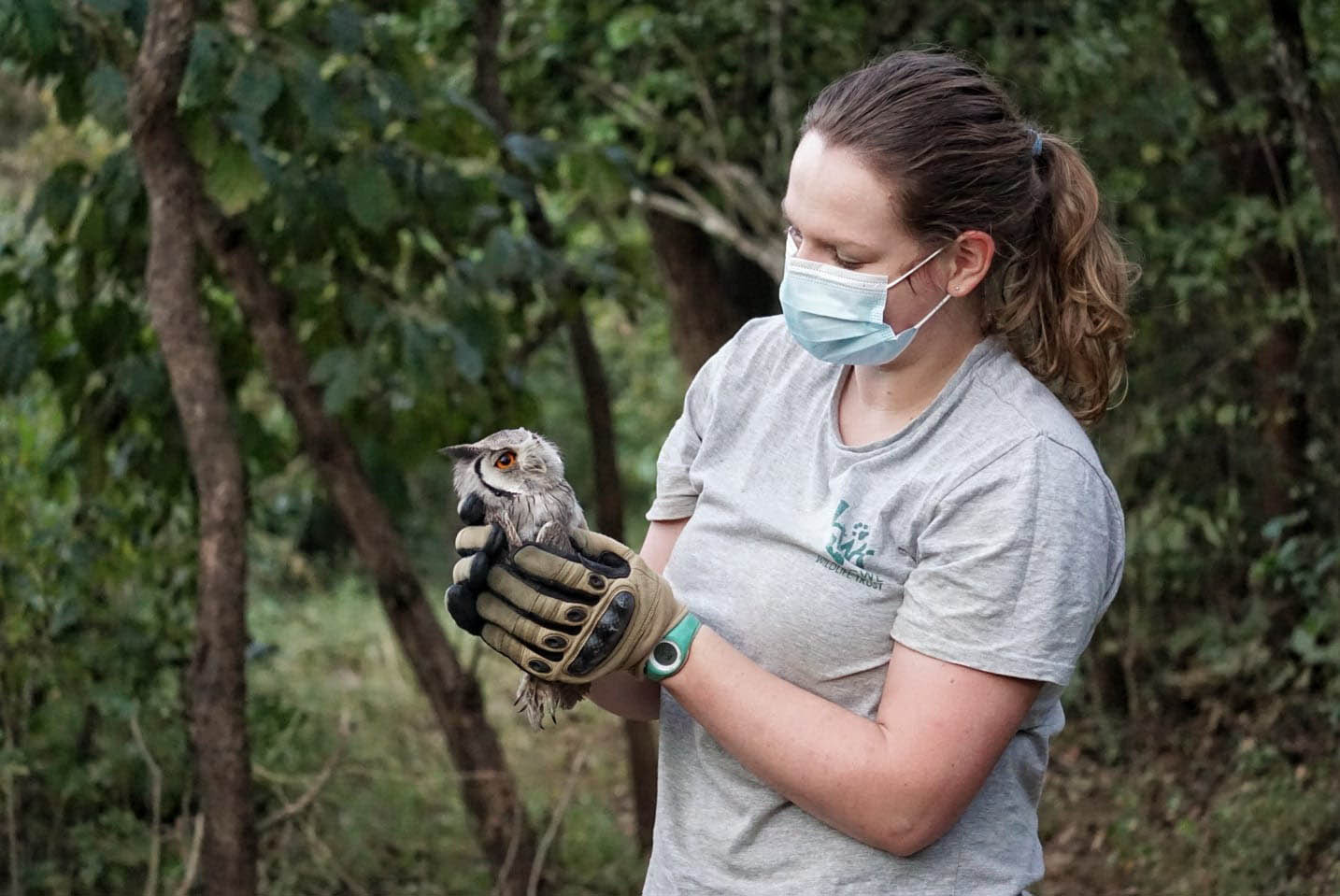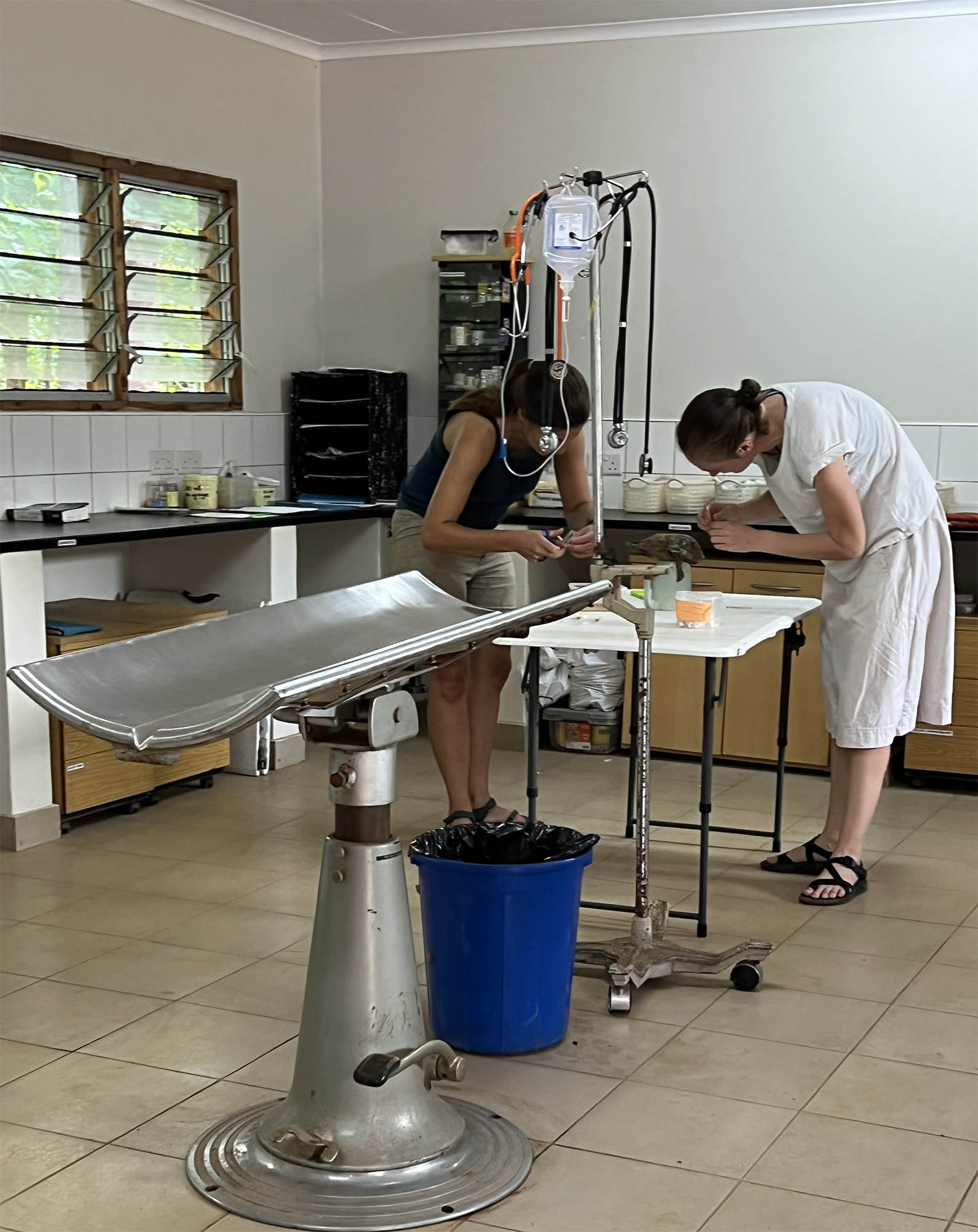Gain real world experience
of being a wildlife vet
A mix of clinical, lab and animal husbandry for over 200 animals
-
Duration
2-12 Weeks -
Minimum age
18+ -
Start dates
Every Tuesday -
From
$1,479
-
Duration
2-12 Weeks -
Minimum age
18+ -
Start dates
Every Tuesday -
From
$1,479
Malawi Wildlife Vet Externship
Quicklinks
Calling all vet students looking to gain real-world experience of wildlife veterinary medicine in Africa. Malawi’s only wildlife sanctuary offers placements for vet students to get valuable insights into sanctuary-based veterinary work as well as field experience in the African bush.
You can get involved in a mix of clinical, lab and wider welfare work, including animal husbandry for the 200+ animals that are resident at the sanctuary. From primates to birds there will be a wealth of experience on offer at this small but high impact clinic.
Famously nicknamed the 'Warm heart of Africa, Malawi is a friendly welcoming country with diverse landscapes to explore. In your free time you can go scuba diving in Lake Malawi, hiking in the mountains of Mulanje or get lost in the ancient jungles.
Background to the wildlife sanctuary
Malawi is one of the poorest countries in Africa where electricity is an uncommon luxury and subsistence farming is the norm so the majority of the population use wood and charcoal for cooking. This has led to rapid deforestation across the country and has triggered a dangerous domino effect, leading to potentially catastrophic impacts on wildlife, biodiversity, ecosystems and weather patterns.
On top of the above, wildlife is also threatened by the ever-growing population of Malawi. Not only are cities and towns having to expand at an alarming rate to house everyone, but more and more land is required for farming purposes as the demand for food increases.
It is due to these increases in deforestation and the conflicts between human and wildlife that many of Malawi’s wild animals are not only losing their natural habitats, but are also often found injured or in severe distress.
The wildlife sanctuary provides a safe haven for all of the animals affected by the above, assisting in their rescue and rehabilitation and whenever possible releasing them back into the wild – where they belong. For those animals who cannot be released for one reason or another, they are able to find a permanent home at the sanctuary in large, natural enclosures where they can roam freely and safely.
Where will I be volunteering?
Established in 2009, the sanctuary is Malawi's only wildlife rescue centre and is widely reputed as one of the best facilities in Africa for its high standards of animal welfare. As the only organisation in Malawi mandated by the Government to rescue and rehabilitate wildlife, the team responds to veterinary emergencies and supports wildlife management across the country.
Set in a stunning 180 hectare nature reserve, the 70 hectare wildlife sanctuary is located in the heart of the country's capital, Lilongwe. The centre supports approximately 200 animals at any given time including birds, reptiles, monkeys, antelope, crocodiles and more, each with their own stories and a desire to be released. Thanks to the state-of-the-art clinic, orphan care centre and experienced animal care team as well as the volunteers, many of these animals fully recover and are able to return to the wild.
The centre is the only sanctuary in the world to have obtained accreditations from the Pan African Sanctuary Alliance, the Global Federation of Animal Sanctuaries and the Born Free Foundation PAW scheme.
The sanctuary cares for orphaned, injured and confiscated animals and works within local communities to promote a peaceful coexistence with wildlife, build in-country capacity for Malawian wildlife professionals and conduct research to inform the country's conservation management plans.
What is my role?
You will spend most of your time with the veterinary team where you will get to assist with clinical work including diagnostics, lab work and procedures. Externs will also be expected to get stuck into the day-to-day care of the animal residents, including enrichment, integrations, observations and animal husbandry.
Throughout the year, but especially during the rainy season (November to February), the sanctuary looks after many orphaned animals. You may get the unique experience of helping to hand rear orphaned monkeys, rescuing animals in the wild or releasing them back into one of the national parks once they are strong enough to fend for themselves.
You are part of the bigger picture and whilst working directly with the rescued animals, you can be sure that the local team and other volunteers are tackling the roots of the problem through sensitising local communities, changing legislation and supporting law enforcement. As a result, you learn ‘best practice’ working alongside a knowledgeable and passionate team of local and international experts who are keen to share their experiences.
What will a typical day look like?
During your time at the sanctuary you will be volunteering six days per week with anyone staying four weeks or more getting one long weekend off per month - the perfect opportunity to visit the famous Lake Malawi or hop over the border into Zambia.
The daily schedule is totally dependent on the animals that are being looked after and on the level of care they require. You will usually work from 8am till 5pm. All tasks are split among externs so everyone will experience a variety of veterinary work throughout their stay.
There are several breaks a day and evenings are free for you to do as you wish. This can include taking a trip to the supermarket, heading out for some lunch/dinner in town and exploring everything the capital has to offer.
Where will I be staying?
While volunteering in Malawi you will stay in the volunteer accommodation situated right within the heart of the wildlife centre - being surrounded by hundreds of animals. Located within the 180 hectare reserve, you will get to enjoy your peaceful surroundings and far-reaching views across the bush whilst also having all of the amenities and activities that the capital offers.
The volunteer accommodation building can host up to 18 people at a time across six bedrooms. It also includes a lounge, kitchen, inside and outside dining spaces, two bathrooms, laundry space, an outdoor deck and garden.
Other things to consider
Vet students & qualified professionals - This programme is only available to university vet students and qualified vets / vet nurses.










